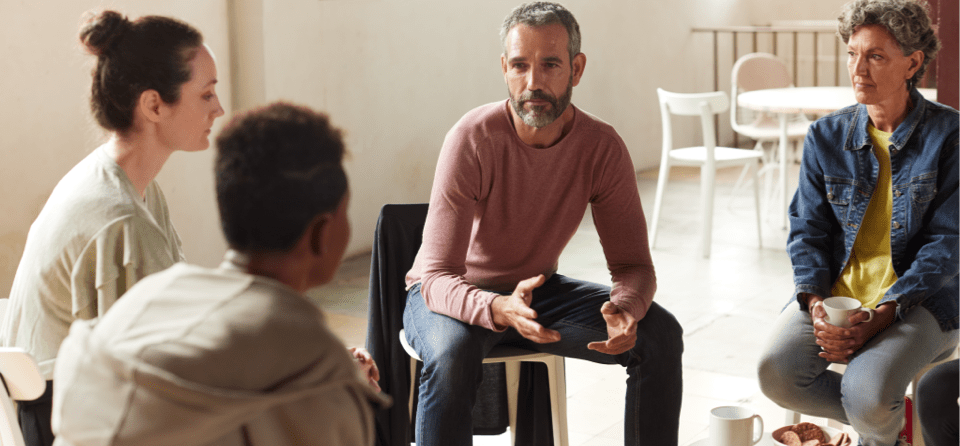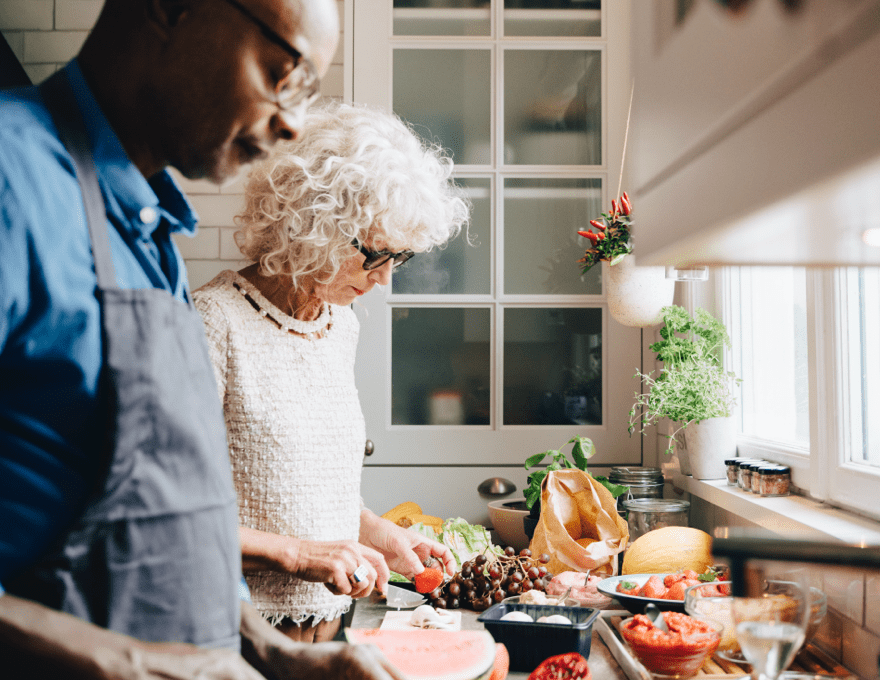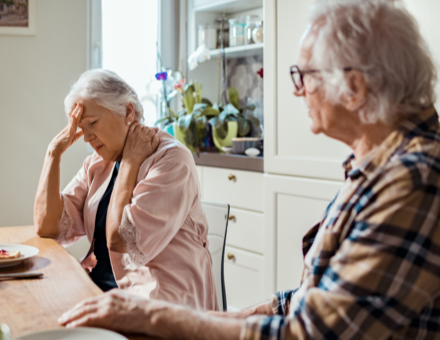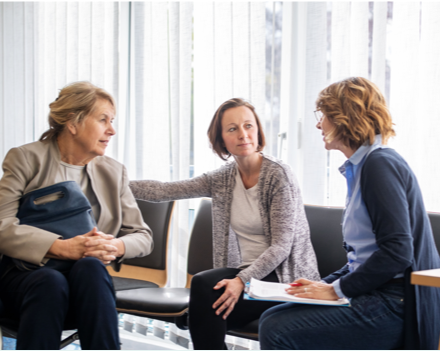From Harvard Health Publishing
It can be oddly comforting — if exhausting — to be at the hospital or your cancer center, surrounded by doctors, nurses, imaging technicians, and well-meaning friends and family members, all of whom are laser-focused on your cancer and your care.
However, you might find that the days between appointments are more stressful even than the ones where you’re being poked and prodded, undergoing scans, doing infusions, or taking medications. At least on treatment days, you know you’re surrounded by professionals who are ready to help at a moment’s notice. Once you’re back at home, you might feel somewhat neglected by comparison, even if your support system remains close. Plus, many of the worst side effects from treatment crop up after treatment, not while it’s being administered. This can make it tough.
Finding support
When you’re exhausted and ill from the stress of your cancer and its treatment, it might seem easiest to retreat into your shell and hide from everyone who wants to help. Don’t let this happen. While it’s true that some family and friends will distance themselves, others will want to be part of your day-to-day journey. You’ll probably know who they are almost immediately after diagnosis, as they’re probably the ones who call, text, or simply show up with food or flowers, or corny jokes to help you through your tough days.
Those people — the ones who want to be there for you, no matter what — will be essential. However, don’t underestimate the value of finding other “cancer people” to talk with. Your loved ones may be your daily support system, but no one truly understands what you’ve gone through like another survivor. It probably won’t take long for you to recognize that there’s a secret language between people who are going through cancer — or who have been through it in the past.
This kind of “cancer shorthand” means that you probably won’t have to explain terms like “scanxiety,” or the way it feels when your chemotherapy drugs kick in. You can empathize when someone mentions that they can’t taste or smell things like they used to, and high-five when another person admits how freeing it was to shave her head before her hair fell out.
A cancer support group is a place where you can feel free to express your feelings in a safe, supportive environment — and also a place to find new friends.
Social media can be a good place to find like-minded people, if you’re looking for a digital community. Many cancer hospitals and centers offer their own support groups.
Or you might find a group through one of these organizations:
American Cancer Society (www.cancer.org)
CancerCare (www.cancercare.org)
Cancer Support Community (www.cancersupportcommunity.org)
Susan G. Komen foundation (for breast cancer; go to www.komen.org)
Before joining a support group, call its leader and ask who attends the groups and what they discuss. Also consider whether you’re comfortable discussing personal issues among people you may not know.



